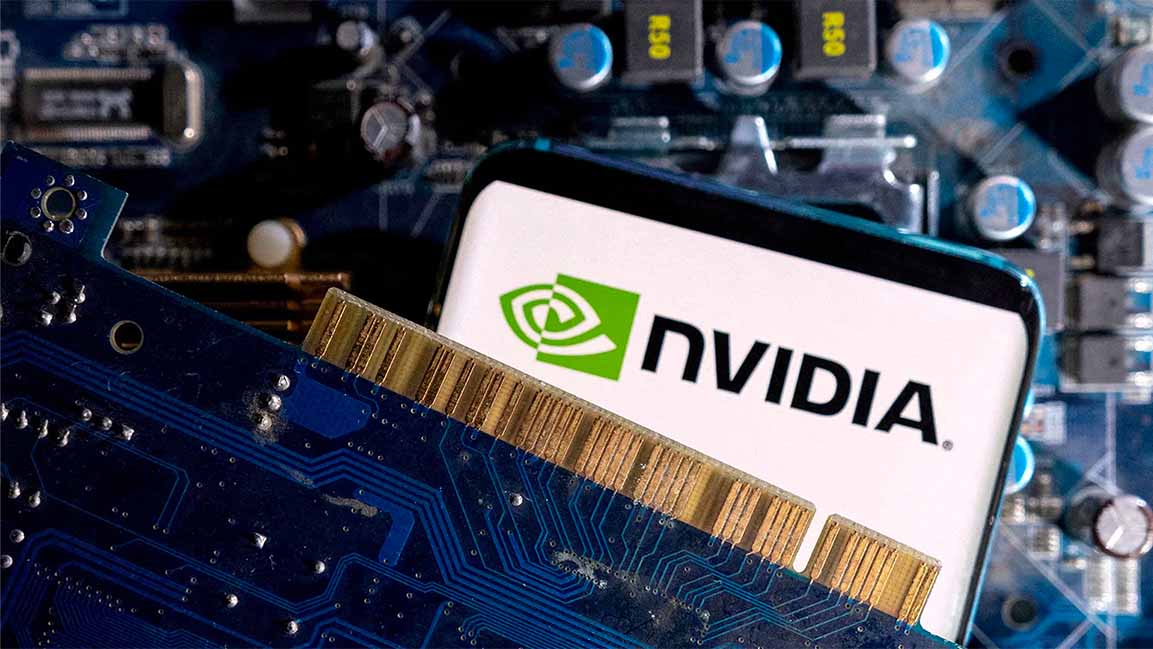- | 10:00 am
GenAI is not a fad but an incredibly powerful tool, says Bloomberg LP’s Shawn Edwards
The top executive says Gen AI will allow us to solve problems we couldn't before and create new types of systems.

GenAI is no longer a novelty—it’s being implemented in businesses every day. And it remains top of mind for business leaders, although certainly not the only type of AI businesses need.
While the buzz continues about GenAI, Shawn Edwards, Chief Technology Officer at Bloomberg LP, says, “It is not a silly fad. It’s one of the most exciting advancements we’ve seen in AI in decades.”
“It’s an incredibly powerful tool which we are already finding useful in real products, enabling us to create new types of systems and products to help our customers deal with information overload while changing how they interact with our high-quality data,” he adds.
The tech is improving efficiency and effectiveness in industries and functions as far-ranging as construction, manufacturing, human resources, and revenue. It’s good for business.
AI IN FINANCE
In finance, however, Edwards says, being pragmatic about applying AI helps with good use cases, including deriving more intelligence and better insights from data, creating efficiencies, and helping manage risk.
“Today, the vast majority of AI efforts in finance focus on managing the massive amount of data out there and figuring out how to connect the dots to learn new things about how companies are performing.”
When used this way, he says, the technology helps make it easier for financial professionals to quickly find the right information they need to make better and more informed business and investment decisions.
Talking about the challenges a modern CTO faces, Edwards, who oversees the development of Bloomberg’s global technology strategy, says since there are so many problems out there, maintaining teams’ focus on using technology to solve real business problems is a big part of his job, and narrowing the field to address only those things that will have the biggest impact on business.
“One of the biggest challenges I face is being pragmatic about innovation,” says Edwards, who recently attended the World Government Summit in Dubai. “This means assessing which technologies are valuable for us to adopt and which are no more than hype.”
“These days, there are more fads in the tech sector than in the fashion industry,” he adds.
DIGESTING AND ORGANIZING DATA
But gains from AI come from a variety of use cases.
With the exponential growth of market data and intelligence, AI has been helping digest and organize information and make it more readily accessible and actionable.
“Over the last decade, there’s been an exponential increase in financial information across all asset classes,” he says. “To meet our clients’ needs, Bloomberg collects, normalizes, analyzes, and redistributes more than 300 billion market data messages (aka ticks) from hundreds of exchanges daily, in addition to vast troves of other relevant data.”
AI techniques – machine learning, natural language processing, information retrieval, and GenAI – help organize unstructured data by understanding its context, extracting information from text, and turning documents into data points, Edwards adds.
“It enables us to improve and speed up discoverability of crucial information through search and summarization.”
Since general data quality issues financial organizations face are accuracy, recency, and conformity, Edwards says Bloomberg LP’s data teams account for these issues when acquiring, modeling, and enriching datasets.
However, specific types of data have additional unique data quality challenges. For example, news data can be very noisy due to the high volume of articles published daily, the rapid pace at which they are published, and the amount of duplication in content across multiple outlets.
“We use AI to cluster groups of similar news stories and then produce a selection of representative key headlines with a concise automated summary for each group. This digest-like approach helps simplify how our customers consume news and enables them to quickly and easily identify emerging themes related to their area of interest,” says Edwards.
Circling back to GenAI, Edwards says he is excited about its unique characteristics to do all kinds of NLP tasks, like sentiment analysis and extraction, right out of the gate, though, “they might not be as fast or accurate” as models designed to perform those specific tasks.
“They also have a broad understanding of the world and are incredibly accessible. This last one alone will increase the rate of innovation since you can now interact with AI systems in plain language and don’t need to find someone who knows how to code.”
When you put all these things together, he adds, Gen AI will allow us to solve problems we couldn’t before and create new types of systems.








































